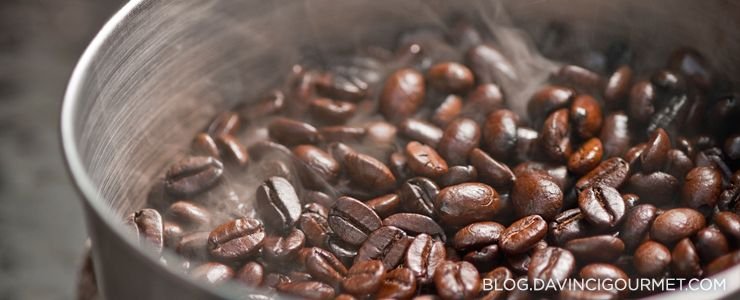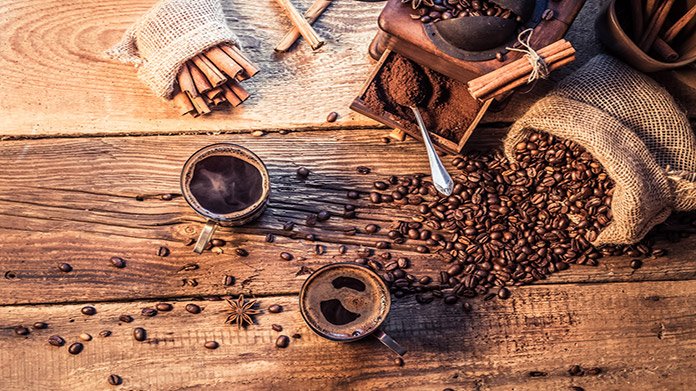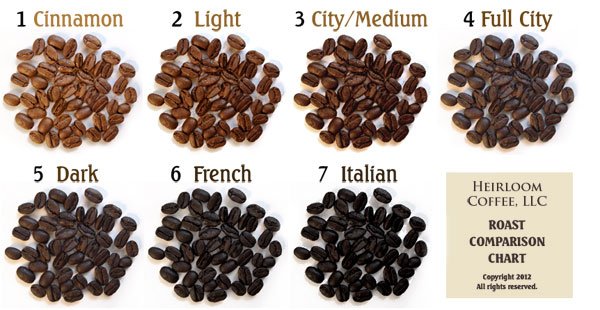
Whenever I have the opportunity to skip a few levels in processing with the things that I put into my body, I tend to take that route. For a little time, I wanted to see the difference in quality between milk sold in stores which is highly pasteurized, and the milk that come right from the farm with nothing done to it except minor filtration. The results were pretty decent, but the process to getting it was a little much. See, in the U.S, it is unlawful to sell unpasteurized milk to another person, so the process of getting it is a little wonky. Since it is illegal to buy, but not illegal to drink, people interested in unpasteurized milk need to go through something called a "heard share program." This is essentially renting out the cow and paying a minor fee to house them, but let's be honest...it's really just buying raw milk with an extra step... My interest about it came from the idea of what pasteurization does to milk and how it's an unnecessary process, but by being a little more difficult to get (and more expensive,) It wasn't a practice that I could keep for too long. This is an article about coffee, however, so lets get into that instead.
One of the things that I liked about raw milk, was that It was suppose to be way healthier for you, which is why I had a similar interest in possibly roasting my own coffee. I didn't know it at first, but are you aware that coffee that you buy from the store is sometimes as old as a few months old? I'm not suggesting that this is the standard, but in most situations, it is at very least, close to one month if things are going smoothly. Yeah, I know you are probably thinking " big deal, it's not like it matters all that much, I grind my coffee fresh, plus, it's just coffee." I know it's easy to overlook the fact that it's merely a morning drink, and not a viable food source, but after looking into it more, I realized that it technically was a viable source of nutrition, but we weren't treating it like such.

When a coffee bean is being roasted, there are literally thousands of chemical reactions happening inside of it. Sugars are caramelizing, nutrients are becoming accessible, and a cascade of chain reactions are taking place. After cooling down and waiting around for two weeks, however, what was created, is now destroyed. Like a living entity, it was born and then dies within the small window of fourteen days. Surprisingly enough, this places almost all of the coffee you will ever find in a store as being expired before having ever been bought. It's true, not all of the flavor or the nutrition will be lost, but just like drinking a bottle of orange juice from the store compared to eating the equivalent in oranges, the difference is quiet inferior.
Right from the start, coffee is often bombarded in the fields with a ridiculously high number of pesticide and likewise to prevent the extreme decimation of the crops from those pesky little critters that seem to have a caffeine addiction. In a lot of situations, this is unavoidable, but still, just like with buying veggies and fruits from the market, it's better to eat them than not. Ideally, growing your vegetables yourself is the most desirable route, but it's the ability to properly feed the plant which is the problem. Likewise, coffee is often grown in places which are complexity inappropriate for their development. Ever wonder why a vast amount of our coffee comes from places like Tanzania and Columbia? it's mainly due to the fact that it's where it tends to grow their naturally because of the altitude. Unlike less finicky plants, for coffee to be able grow correctly, it needs to be fairly high up, however, just like how we try to grow lemon trees in cold places, many of people try to "wing" the essentials of coffee farming, which lead to a shitty product. With a combination to the chemicals, bad growing conditions, age, and storing methods, one of the few things that you can do (unless you live in the mountains,) is roast your own beans.

A Quick Guide Roasting
Roasting your own coffee is not that difficult. As I mentioned before, you want your beans to come from somewhere viable, so step one is selecting a quality bean. Traditionally, I choose to get mine from Tanzania, but Puerto Rico and Peru are good options too. Next, you want to make sure that whatever you roast, you will be able to grind and consume within a couple days, so step two is having the ability to grind your own coffee. A basic bur grinder should be available to you at any bigger appliance store for a fair price. You don't want too much made at a time, or else you are defeating the point of roasting it fresh for yourself. Next, using any saucepan/frying pan/ or (at I typically use, a stainless steel pot,) put the heat on medium and after the pot is hot, throw in the beans.
One important thing to keep in mind while roasting, is that the beans must be stirred, rotated, in some way, prevented from remaining stagnant in the pot. Beans will burn quiet fast and this will ruin the flavor. essentially, you are going to have two distinct points in time that are going to serve as a indication as to where you are in the process. First, there are going to start being loud pops coming from the pot and an obviously different aroma from the beans. This should happen around ten to fifteen minutes of stirring . From then you only should have another couple minutes before the second pop, in which is your cue to either take the beans out, or continue heating for a darker roast. Remember, dark roast coffee, is essentially lower caffeine coffee, so if that's not your intention, keep that in mind.
.jpg)
After your beans are finished, many suggest letting them lay still on a paper towel or something similar so that they can aerate which reduces bitterness by lowering the acidity. Mind you that after roasting, there are still reactions happening within the bean, so the flavor will change over the course of the next day. Ultimately though, the flavor will be significantly different than any of the stuff that you will find in the store most likely unless they also fresh roast..
There are many ways to roast, but this is in-expensive and easy for a new person. Luckily, I now can purchase the green beans at my local store, but otherwise, you will need to find them online. When I first started, I used this website: http://www.burmancoffee.com/ , but here are many others. Roasting your own coffee tastes great and feels different. I highly suggest it to anybody who might be interested.

Thanks for Reading!
Get post and content. I agree that taking the extra steps to "process" yourself results in better nutrient availability. I will be trying my first coffee roasting endeavors soon!
Good to hear, it's a real good experience
There's a lot of information here, so thanks, it helps to know this if I do make my own
Great, I'm glad I could be of service. If you need any additional information, feel free to ask.